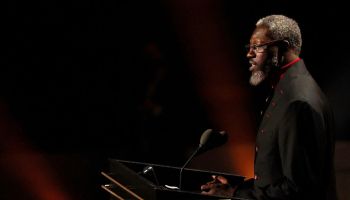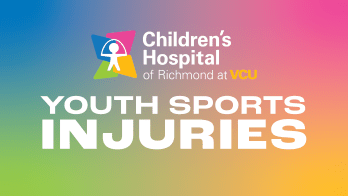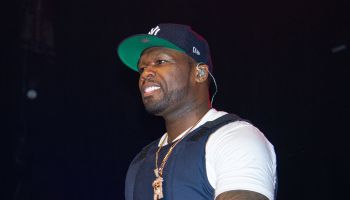A custody battle in Florida between two lesbians could fuel the growing national debate over the definition of motherhood.
It also might force state lawmakers to reconsider a 19-year-old law regarding the rights of sperm and egg donors.
The women, now in their 30s and known in court papers only by their initials, were both law enforcement officers in Florida. One partner donated an egg that was fertilized and implanted in the other. That woman gave birth in 2004, nine years into their relationship.
But the couple separated 2 years later, and the birth mother eventually left Florida with the child without telling her former lover. The woman who donated the egg and calls herself the biological mother finally tracked them down in Australia with the help of a private detective.
Their fight over the now 8-year-old girl is before the Florida State Supreme Court, which has not announced whether it will consider the case. A trial judge ruled for the birth mother and said the biological mother has no parental rights under state law, adding he hoped his decision would be overturned.
The 5th District Court of Appeal in Daytona Beach obliged, siding with the biological mother and saying both women have parental rights.
At issue is the 1993 state law meant to regulate sperm and egg donation. Scholars debate whether the constitutional right to procreate includes outside-the-body technologies used to conceive.
The biological mother, however, isn’t concerned about being a legal or social pioneer, her lawyer said. She just wants her child back in her life.
“She hasn’t seen her daughter in years, and it’s been terribly, terribly difficult for her,” said Robert A. Segal, a family law attorney in Australia.
The birth mother’s lawyer, Robert Wheelock of Orlando, did not respond to inquiries.
The women agreed to use “reproductive medical assistance,” have a child and raise that child as a couple, court records show.
It’s unknown why they later decided to separate, but “their separation does not dissolve the parental rights of either woman, nor does it dissolve the love and affection either has for the child,” the appellate decision said.
The birth mother cites the state’s law on sperm and egg donation, which says that donors “relinquish all maternal or paternal rights,” to argue that the biological mother wasn’t the child’s parent.
The trial judge ruled for the birth mother, but said he didn’t agree with the law and told the biological mother, “If you appeal this, I hope I’m wrong.”
The appellate judges reversed him 2-1 in a decision that found the biological mother wasn’t a “donor” as stated by the law because she and her partner intended to be parents together.
“We can discern no legally valid reason to deprive either woman of parental rights to this child,” said the majority opinion by Judge Thomas Sawaya. He ruled that the donor law was unconstitutional as applied in the case.
Judge David Monaco, in a concurring opinion, said the statute “was not designed to resolve the problem of how to treat children born by in vitro fertilization to a same-sex couple.”
But in a blistering dissent, Judge C. Alan Lawson said the (first) trial judge got it right. A child can have only one mother, he wrote. The court shouldn’t recognize two mothers “unless we are also willing to invalidate laws prohibiting same-sex marriage, bigamy, polygamy or adult incestuous relationships on the same basis,” Lawson said.
Moreover, allowing people to plead intent could allow any donor to “make an after-the-fact claim” for parental rights, he said.
Ultimately, the state Supreme Court may have to wrestle with Judge Monaco’s closing sentences: “We still ought to come to grips with what is best for the child. Here, having two parents is better than one.”
















